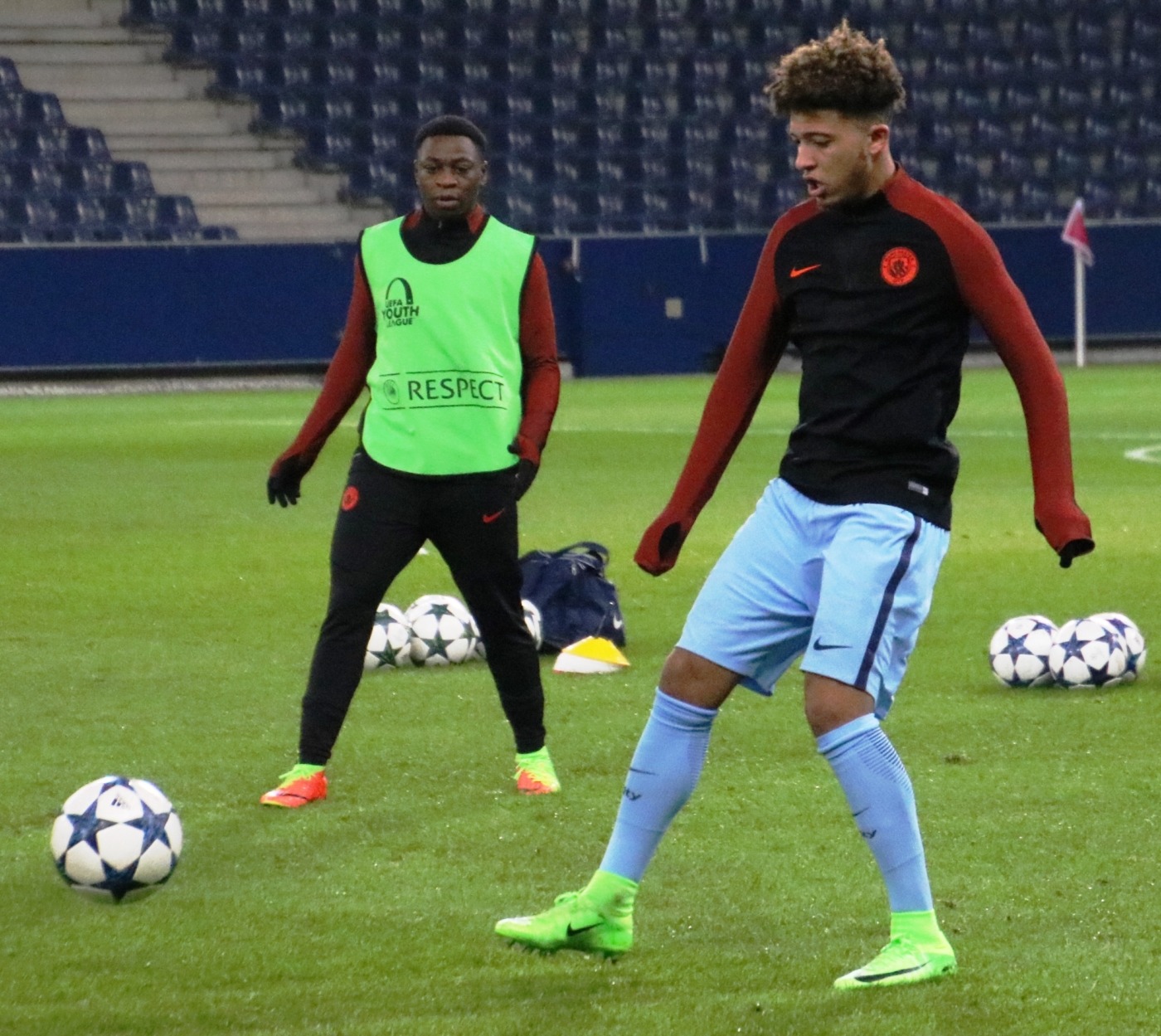Jadon Sancho is England’s brightest wunderkind
Friday the 12th of October, was the second matchday of the inaugural UEFA Nations League and England played out a lethargic and uninspiring rematch of the 2018 world cup semi-final against Croatia behind closed doors in Rijeka. The match drew to a close and was not exactly a classic, with the few journalists present in the stadium checking their phones idly for the time of their return flight the next morning and wondering if the hotel bar will still be open when they get back. Gareth Southgate stood pensive on the touchline, deep in thought over his team’s wasteful performance and what he could do to inject some life into his team and grab all 3 points from the dying embers of a game that sees England fail to win for the fourth time in a row. He turned to the bench and beckoned. The substitute stripped off and prepared to come on. it was Jadon Sancho.
Sancho is the very first player to represent England born since the current millenium began
Sancho is an attacking wide midfielder playing for Borussia Dortmund and has been setting the Bundesliga alight the past few weeks, currently the top assist maker in Europe’s top 5 leagues with 6 in 7 games. That is not the most important statistic to know about young Jadon, though: what is more significant is that he is the very first player to represent England born since the current millenium began.
Yes, that is correct, it has finally happened. Born in March 2000, Jadon Sancho is most likely younger than you and already representing his country in a competitive international fixture; take a break from your Coco Pops and think about that one. But how did this happen? You want to go back to the happy days of August 2017, when international footballers were older than you and all was right with the world. Sancho turned down an offer to join Manchester City on their pre-season tour of the United States to instead join German giants Borussia Dortmund for an initial £8 million fee with the promise of more first team opportunities.
A few months later, he was called up to England’s under 17 world cup side, scoring 3 goals in 3 group stage matches before being recalled by Dortmund to take part in their Champions League campaign. That England side of course went on to win the tournament, the second world cup win of the year after the under 20 side beat Venezuela in June 2017. Despite the disappointment of missing out on the world cup win, Sancho registered 12 first team appearances for Dortmund that season, scoring once and getting 4 assists as they finished 4th in the Bundesliga.
Despite the heroics in Russia, England are going through a transition period
He has already bettered that season’s tally in 7 games so far this season, so what does the future hold for Jadon Sancho? Will he follow in the footsteps of Paul Pogba, leaving Manchester to flourish in a foreign league before being brought back for an eye-popping fee a few years later? England fans will surely hope that he continues his form at Dortmund, nailing down a starting spot and picking up the game time that so few English youngsters are getting. It could be argued that the future of the national team depends on it. Despite the heroics in Russia, England are going through a transition period and certainly benefited from avoiding Spain and Germany in the knockout rounds of the draw.
Few current England players can truly be considered amongst the international elite, meaning the development of players like Sancho will shape the future of the Three Lions over the course of the next decade. That said, he won’t have to do it alone, with a whole host of Generation Z players yet to make their England debut steadily emerging alongside him to make us feel old. Ryan Sessegnon was the championship player of the season last year, whilst Phil Foden has been growing his reputation at Manchester City, Sancho’s old club, with appearances in the Premier League and Champions league last season. Will Sancho and co. be the men who finally bring football home? Or will they fall into the crowded ranks of false dawns that England have had since that legendary summer of ‘66?

Comments
Comments are closed here.